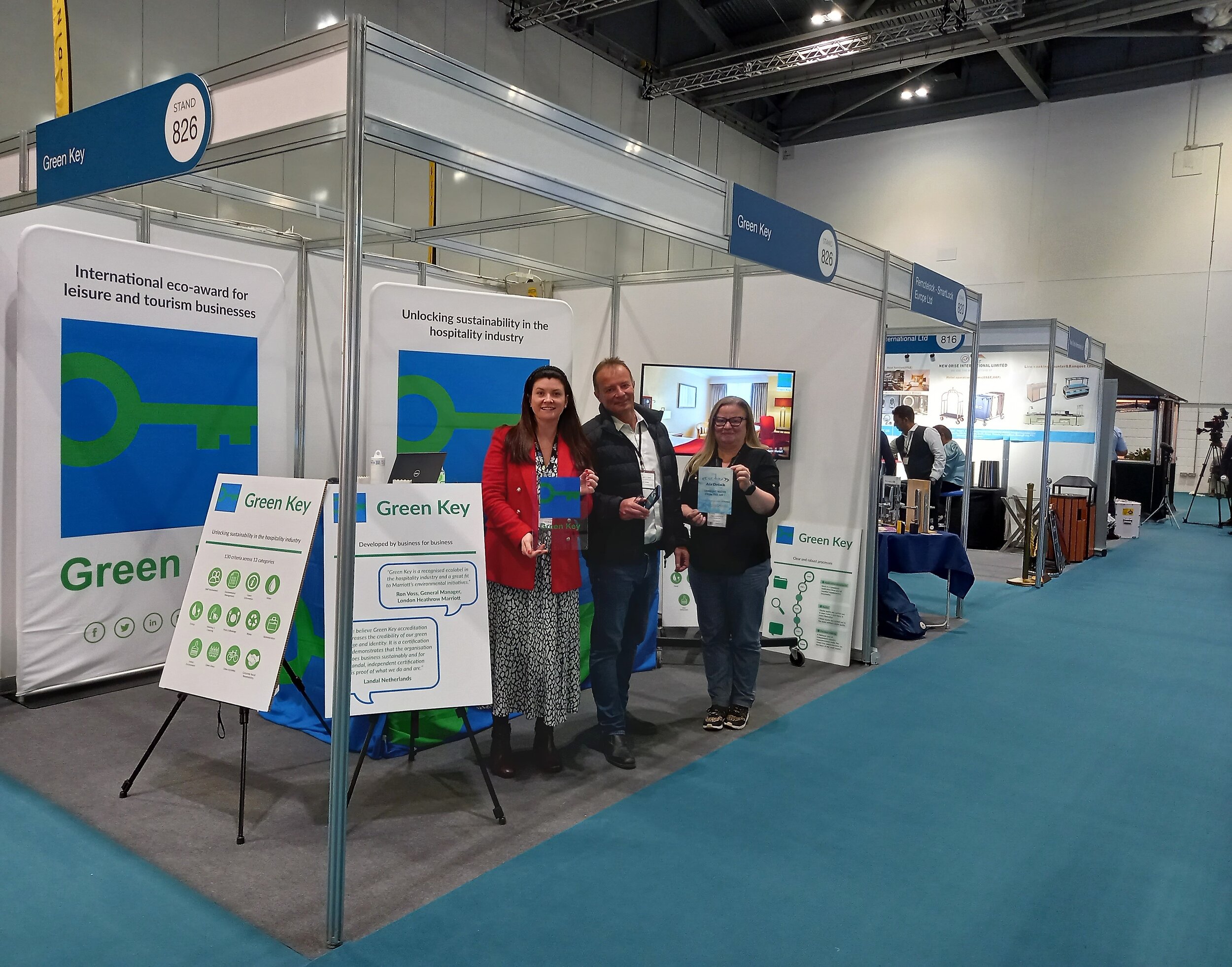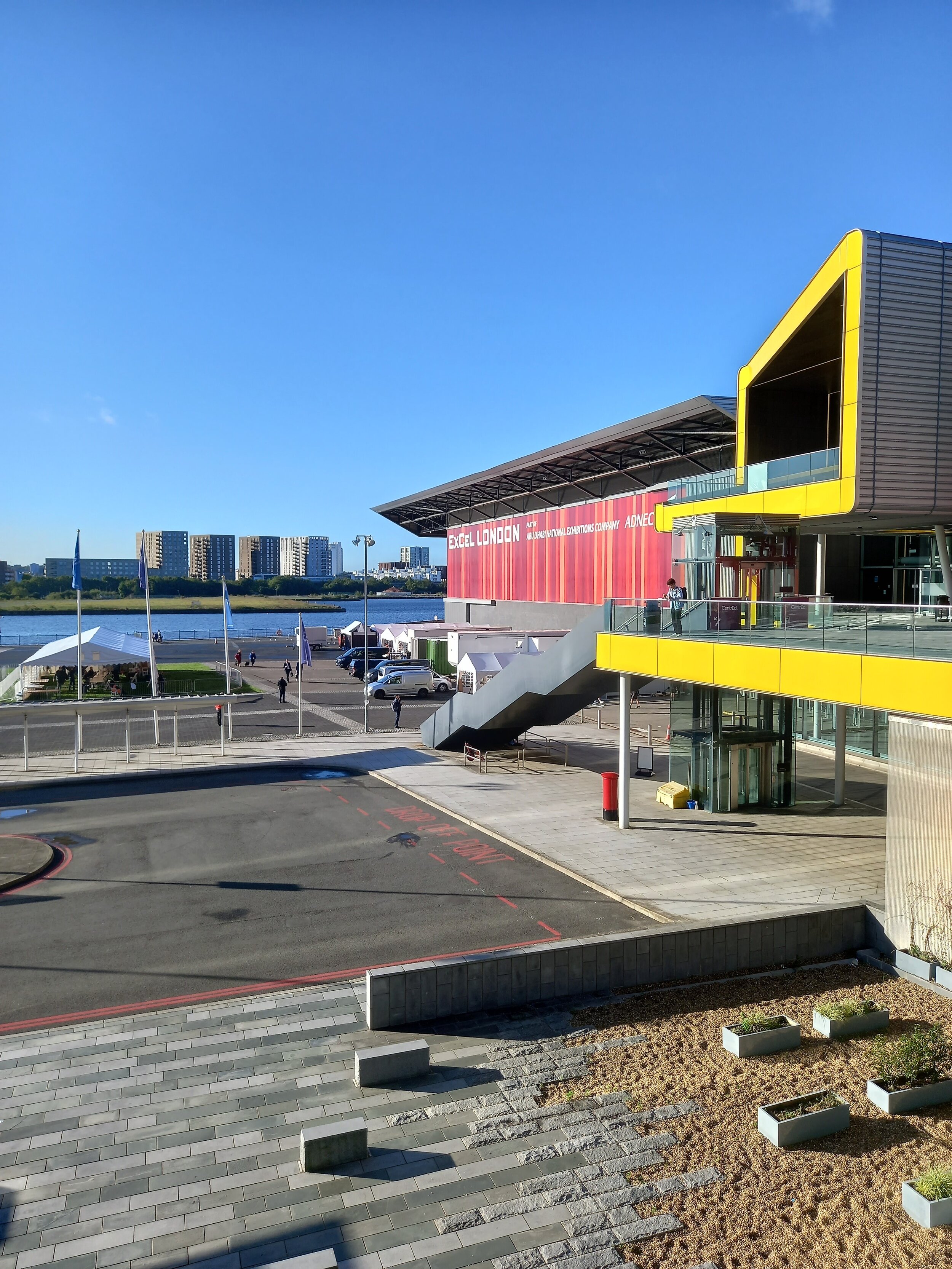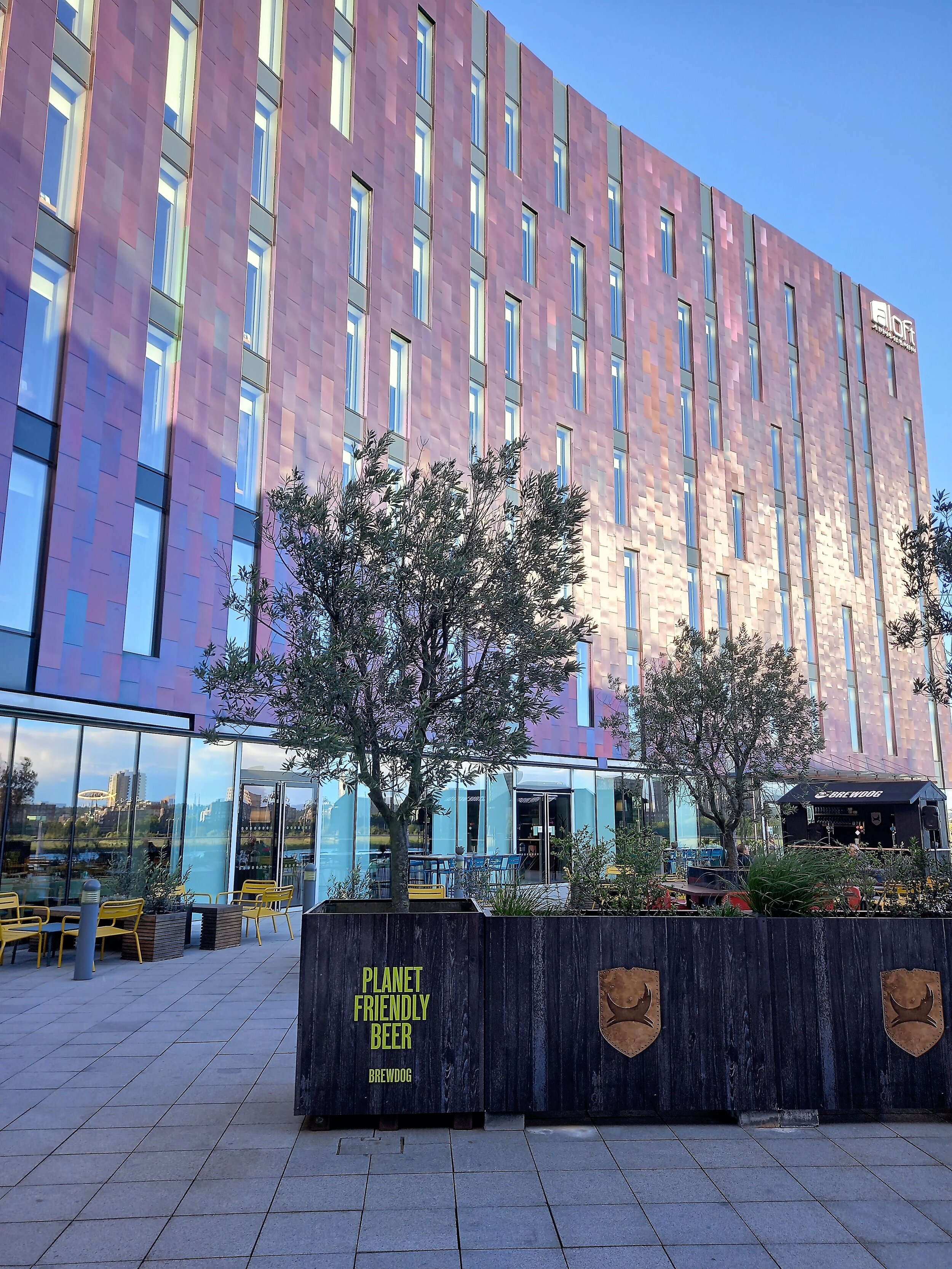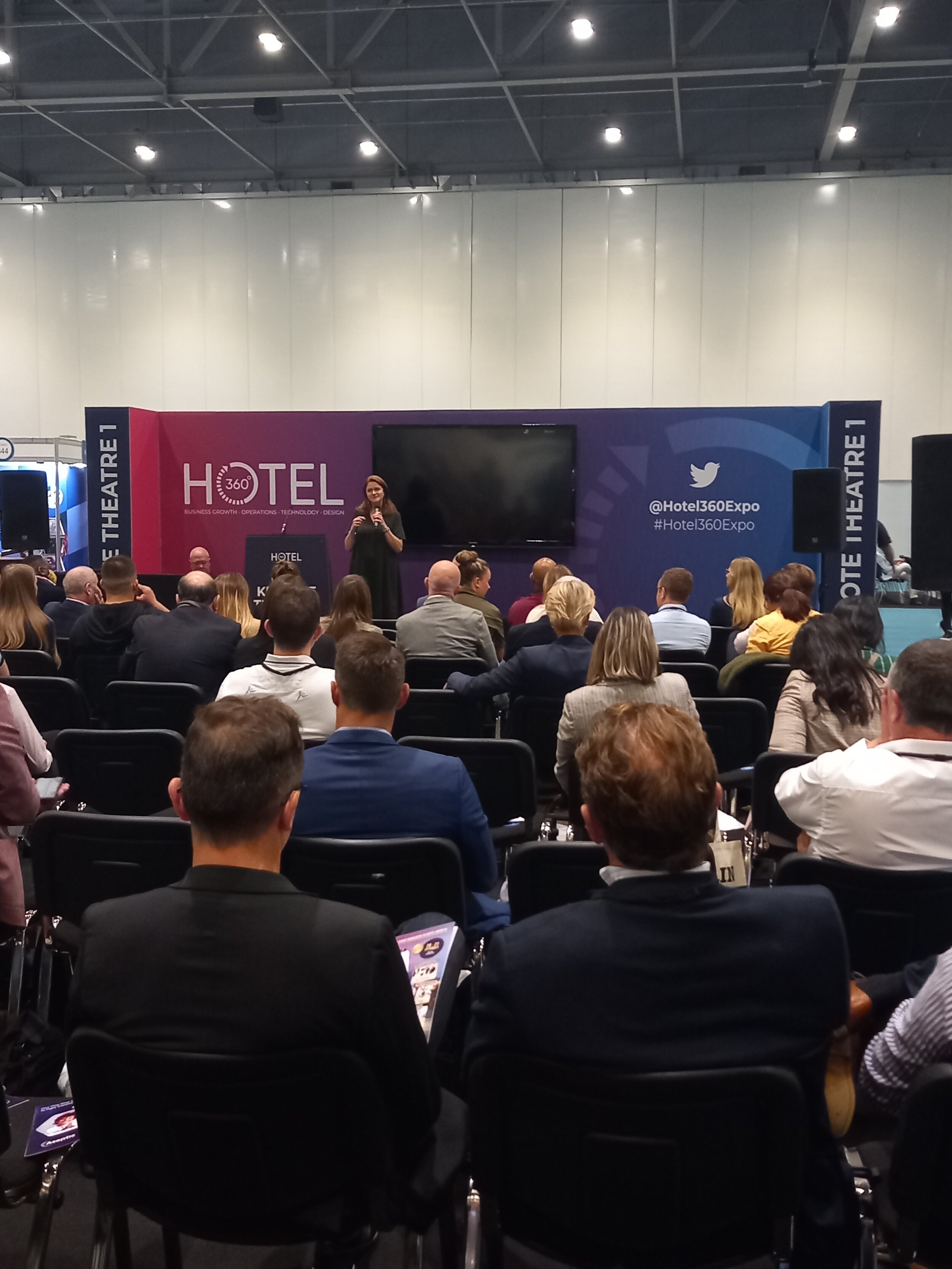The Radisson Hotel Group has shared some of its most significant responsible initiatives for 2021.
In 2019, the Green Key partner had already set high standards for sustainability after deciding to offset the carbon footprint for every meeting and event from its hotels at a global level. In 2021, the Radisson group achieved a new benchmark by offsetting twice the CO2 emissions from all the events and meetings across more than 400 hotels in their EMEA portfolio, becoming the first hotel chain in the world to make its events and meetings carbon negative. According to the hotel group, the initiative that started in 2019 has allowed for offsetting more than 30,000 tons of CO2, equivalent to taking more than 6,500 fuel-powered cars off the road.
Among other responsible initiatives, the Radisson Hotel Group has also developed two new partnerships that reinforce its position as a green mobility leader. The new collaborations with pan-European Allego and the Indian Sunfuel focus on bringing new electric vehicle options and stations across Radisson establishments in Europe and India. Furthermore, the Group has also compromised to reduce the surplus food from all of its hotels across Europe in an effort to reduce food waste.
At a global level, the Radisson Hotel Group is also one of the 25,000 hotels worldwide that support the creation of the Basic Sustainability Framework, currently being developed by the WTTC and the Sustainable Hospitality Alliance. This new framework will be announced in March 2022, and it aims to provide shared knowledge about sustainability and sustainable practices in hotels across the world.
With a new year ahead, the Global Senior Vice President Sustainability, Security and Corporate Communications for Radisson Hotel Group, Inge Huijbrechts, has reinforced the importance of continuing to develop responsible initiatives in Radisson hotels in 2022:
“[…] Sustainability is a top priority for our industry and our customers. At Radisson Hotel Group, we continue to work on our roadmap to Net Zero and are proud of the milestones we have realized in a challenging year for our industry. 2021 marked an opportunity to harness our focus on responsible business initiatives for both our Group and collectively for the hospitality industry. We look forward to another year of establishing strong strategic partnerships as we all work towards a responsible recovery and return of travel”.
More details of Radisson Hotel Group’s achievements can be read here.
















